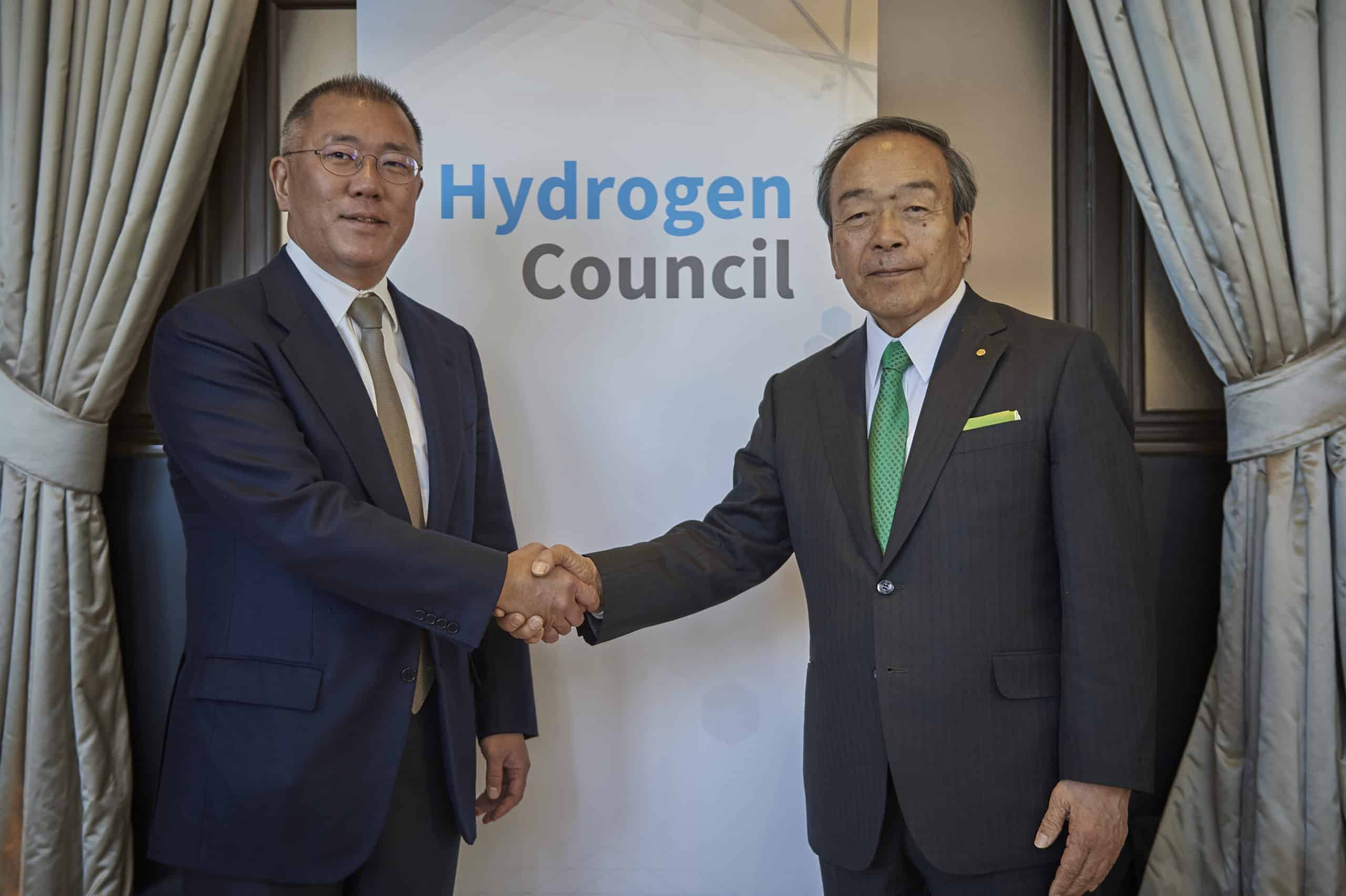The Hydrogen Council, a global coalition of 100+ CEOs working to enable the energy transition through hydrogen, calls on governments around the world to invest in hydrogen as part of their COVID-19 recovery plans. Hydrogen technologies can empower a more robust, resilient and sustainable economy; however, urgent action and global collaboration is required to deliver on their unique potential.
Continue readingHydrogen Council Welcomes Toyota Chairman Takeshi Uchiyamada as New Co-chair
The Hydrogen Council welcomes Takeshi Uchiyamada, Chairman of Toyota Motor Corporation, as its new Co-chair alongside Benoît Potier, Chairman and CEO of Air Liquide, to lead efforts in advancing the global hydrogen industry.
Continue reading

